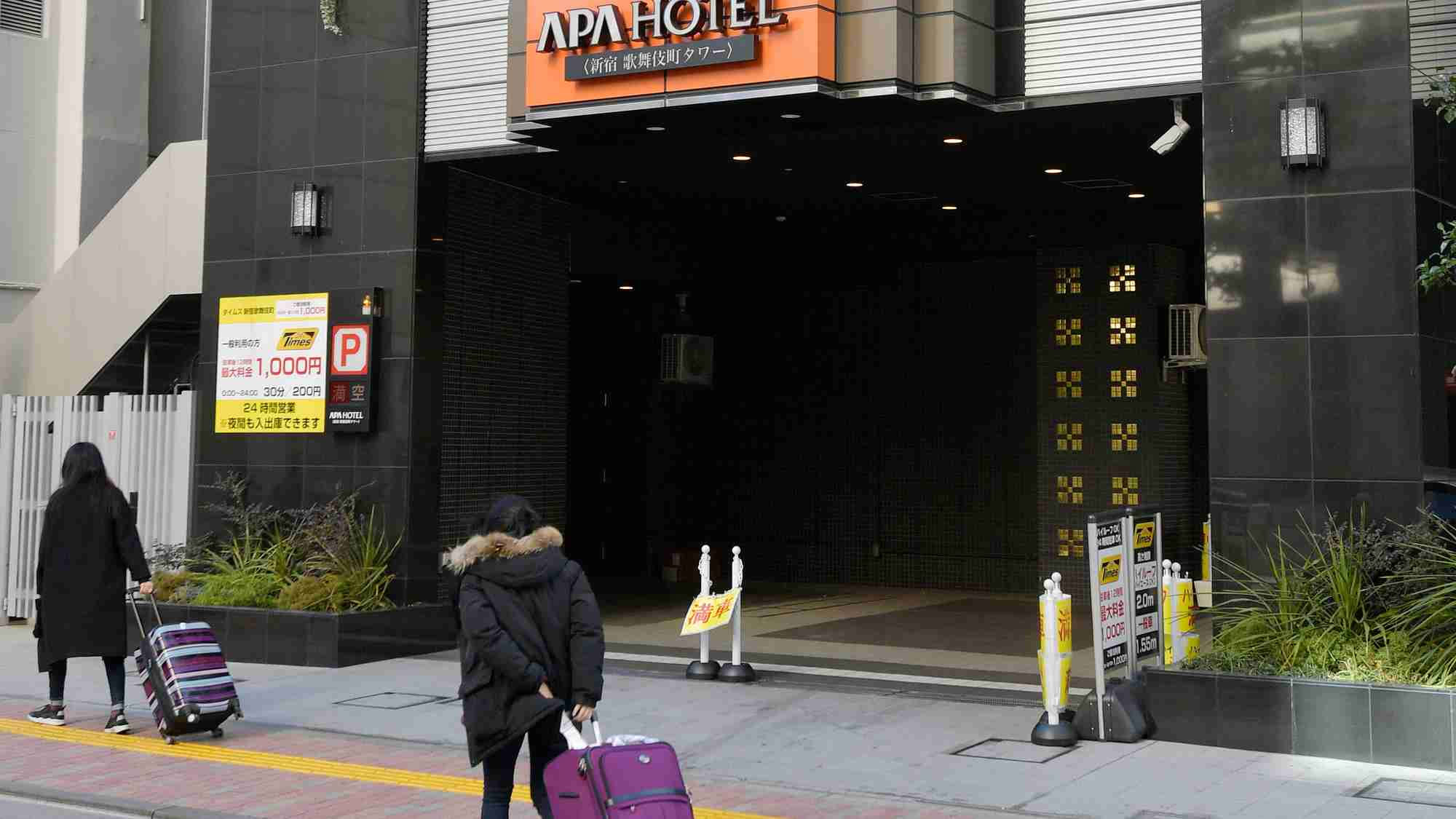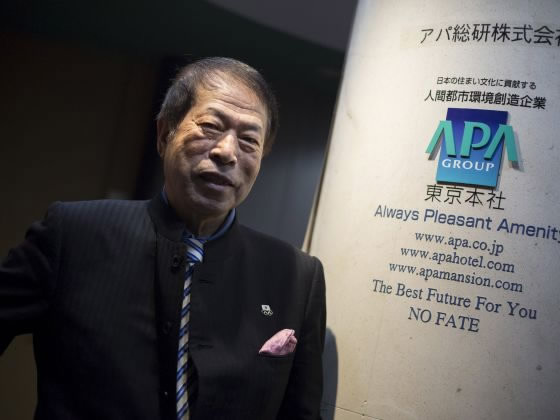
Politics
16:27, 01-Feb-2017
Japan to move Chinese athletes from controversial hotel after book row
Updated
10:39, 28-Jun-2018

Japanese organizers of the Asian Winter Games (AWG), which will be held in Sapporo later this month, are seeking alternative accommodation for Chinese and South Korean athletes after controversy engulfed one of the designated hotels over right-wing war books written by its CEO, a number of media outlets have reported quoting officials from the organizing committee.
The Tokyo-based APA hotel group and Prince Hotels have been chosen to host some 2,300 athletes and supporters from more than 30 countries and regions participating in the Games, which will run from February 19 to 26.
But APA, one of Japan's largest hotel chains, has drawn furor and condemnation for placing in its guest rooms books that deny the 1937 Nanjing Massacre and slam the forced recruitment of “comfort women” as “untruth”.
The AWG organizing committee is making new accommodation arrangements for Chinese athletes from APA Hotel & Resort Sapporo to other venues after “receiving instructions from the Olympic Council of Asia (OCA),” Suziki Yasushi, an official with the accommodation security section of the organizing committee, told Xinhua news agency.
AFP also quoted an unnamed Japanese official of the organizing committee as saying that "we have received a request from the South Korean side to find an alternative hotel, and we have informed the OCA of it."
The official also confirmed that members of the “Chinese delegation (will) not stay at the hotel,” suggesting that Sapporo Prince Hotel, which can accommodate up to 500 guests, will likely be the alternative.

APA Group Chief Executive Motoya Toshio poses for pictures after an interview in Tokyo, April 17, 2015. / Reuters Photo
APA Group Chief Executive Motoya Toshio poses for pictures after an interview in Tokyo, April 17, 2015. / Reuters Photo
Toshio Motoya, chief executive of the APA hotel group, wrote the controversial book under the pen name Seiji Fuji, denying that 300,000 Chinese died in a six-week killing spree by the Japanese military.
The books, written in both English and Japanese, had been placed in guest rooms in APA’s 400-plus hotels and were found to be for sale at lobbies. They came to public attention after two guests posted a video on China’s Twitter-like Weibo showing excerpts of the book.
APA had initially insisted it would not remove the revisionist books from its hotels.
But on Tuesday, the hotel chain said in a statement posted on the group’s website that it “will remove materials from the rooms and hold them safely at the hotel,” after receiving a request from the Games organizers with "advice" about amenities in the rooms.
Last week, China's tourism authorities urged tour operators to sever ties with the hotel chain after an escalating row over the denial. Meanwhile, the country’s Ministry of Foreign Affairs has urged Japan to give its citizens a “correct view of history”.
Many online travel booking platforms in China, such as Ctrip and Alibaba's Feizhu and Tuniu have also suspended booking services for APA-owned hotels in the wake of the expose.
(Story with inputs from AFP and Reuters)

SITEMAP
Copyright © 2018 CGTN. Beijing ICP prepared NO.16065310-3
Copyright © 2018 CGTN. Beijing ICP prepared NO.16065310-3